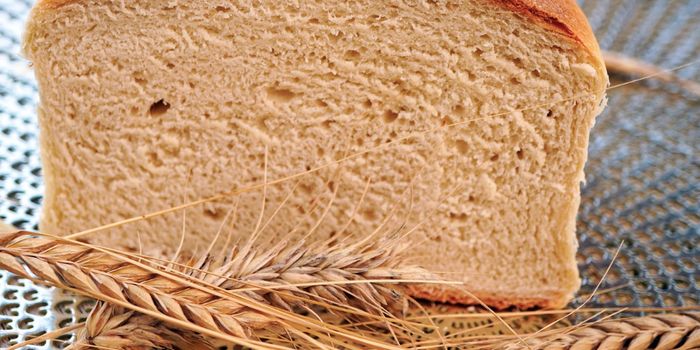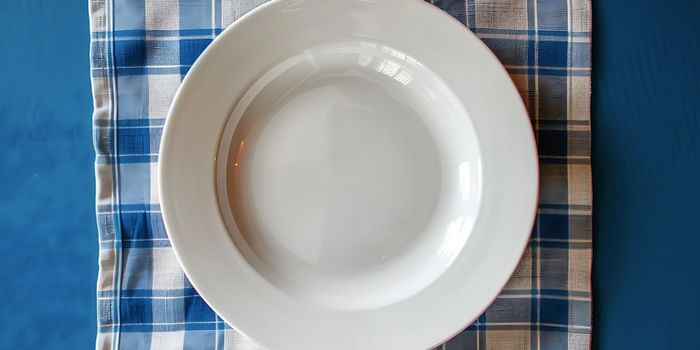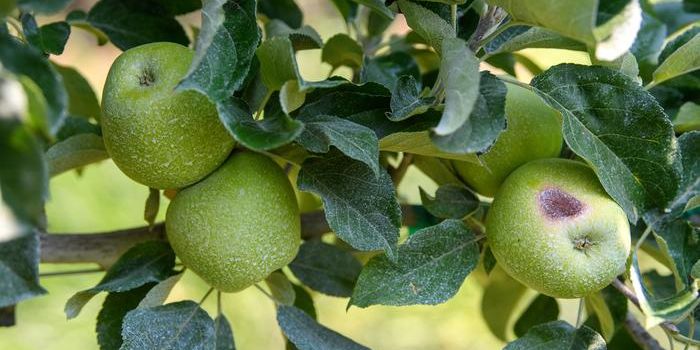Using an Embalming Technique to Make Bamboo Fibers Stronger
Plastination is an embalming process used to preserve bodies. The process involves dehydrating the body tissue and replacing certain tissues with synthetic materials (like plastics). But don’t worry, it’s not the kind used by the ancient Egyptians, for example. Plastination is actually a method used world wide to preserve bodies for educational purposes. In fact, though it isn’t used to replace actual dissection work in medical education, for example, plastination does provide a way to preserve tissue for longer periods of time.
It turns out, plastination methods aren’t just used for human bodies. Researchers have explored the use of plastination methods to make materials like bamboo fibers stronger and more eco friendly. These efforts are described in a recent issue of Composite Structures.
When we think of bamboo, we probably all think of pandas. And indeed, pandas do consume a lot of bamboo. But bamboo also has other uses, particularly for fibers. Bamboo fibers have been used in a range of contexts, from packaging to a renewable source for textiles and clothing. However, it has limitations. For example, when bamboo gets wet, it can lose many of the properties that make it strong to begin with.
Working with bamboo fibers, researchers from the University of British Columbia—Okanagan used plastination processes to dehydrate the bamboo fibers and then integrate them with other fibers and materials as a reinforcement material. Specifically, researchers combined the bamboo fibers with glass and polymer fibers to create something that was both lighter and stronger than other similar materials. They found their new material also had a heightened ability to absorb more impact, underscoring the material’s strength.
Though the research team acknowledge that plastination can be time consuming, they plan to trudge on with their work. They hope the time-intensive efforts should pay off once the ideal make up of plastinated materials is found that can reduce environmental footprints.
Sources: Science Daily; Composite Structures; Fashion and Textiles








